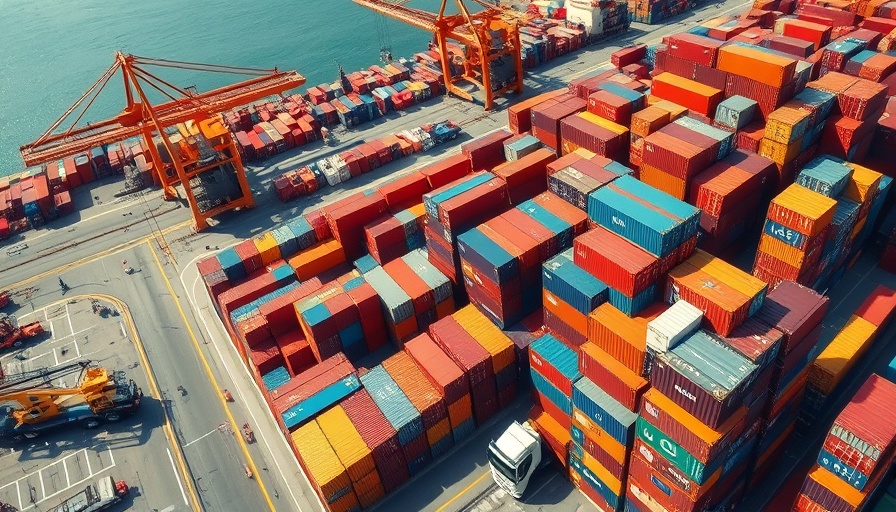
Understanding the Tariff Landscape in Construction
As tariffs on imports escalate, the ripple effects on the construction sector are undeniable. Costs for materials and labor are rising, forcing business owners to adapt or face severe financial strain. Understanding this landscape is crucial for property developers, facility managers, and businesses engaged in construction.
Reviewing Existing Contracts to Mitigate Tariff Impacts
One immediate step for companies is to meticulously review existing contracts. Many contracts in construction already contain provisions that address cost escalations, which may be relevant under the current tariff conditions. For instance, if a contract stipulates a fixed price or has anti-escalation clauses, the cost impacts of tariffs might already be covered.
Additionally, clauses that require contractors to secure prices on long-lead items ahead of time can be pivotal. If these clauses are present and contractors complied, businesses could mitigate significant additional costs.
Effective Strategies for Cost Management
Beyond contract reviews, businesses might consider revisiting their overall cost management strategies. This could include more strategic procurement practices—fostering stronger relationships with suppliers to lock in prices ahead of tariff-triggered increases or exploring alternative materials that are less susceptible to tariff increases.
Companies can also leverage technology in construction management to streamline processes, track spending, and implement efficiency improvements. Digital tools can aid in budget tracking, which is ever more critical as economic uncertainties loom.
Exploring Legal Avenues for Cost Recovery
For some businesses, exploring legal options might provide a path to offset some of the additional costs associated with tariffs. Understanding contractual obligations, along with any possible recourse based on breach of contract by contractors, presents an opportunity to recover some of those increased expenses. Legal experts can be beneficial allies in navigating this complex terrain.
Future Predictions: The Ongoing Impact of Tariffs
Looking ahead, it is essential for stakeholders in the construction sphere to anticipate continued fluctuations in material costs due to tariffs. This evolving situation demands adaptive planning—businesses should strategize not only how to cope with current impacts but also prepare for future scenarios. Continuous monitoring of trade policies and market conditions can inform better decision-making and improve resilience against unexpected tariff adjustments.
In conclusion, while tariff-induced price increases may seem daunting, proactive management strategies can help mitigate impacts on existing contracts and projects. By taking action now, business leaders can better navigate these ongoing challenges in the construction industry.
 Add Row
Add Row  Add
Add 




 Add Row
Add Row  Add
Add 

Write A Comment